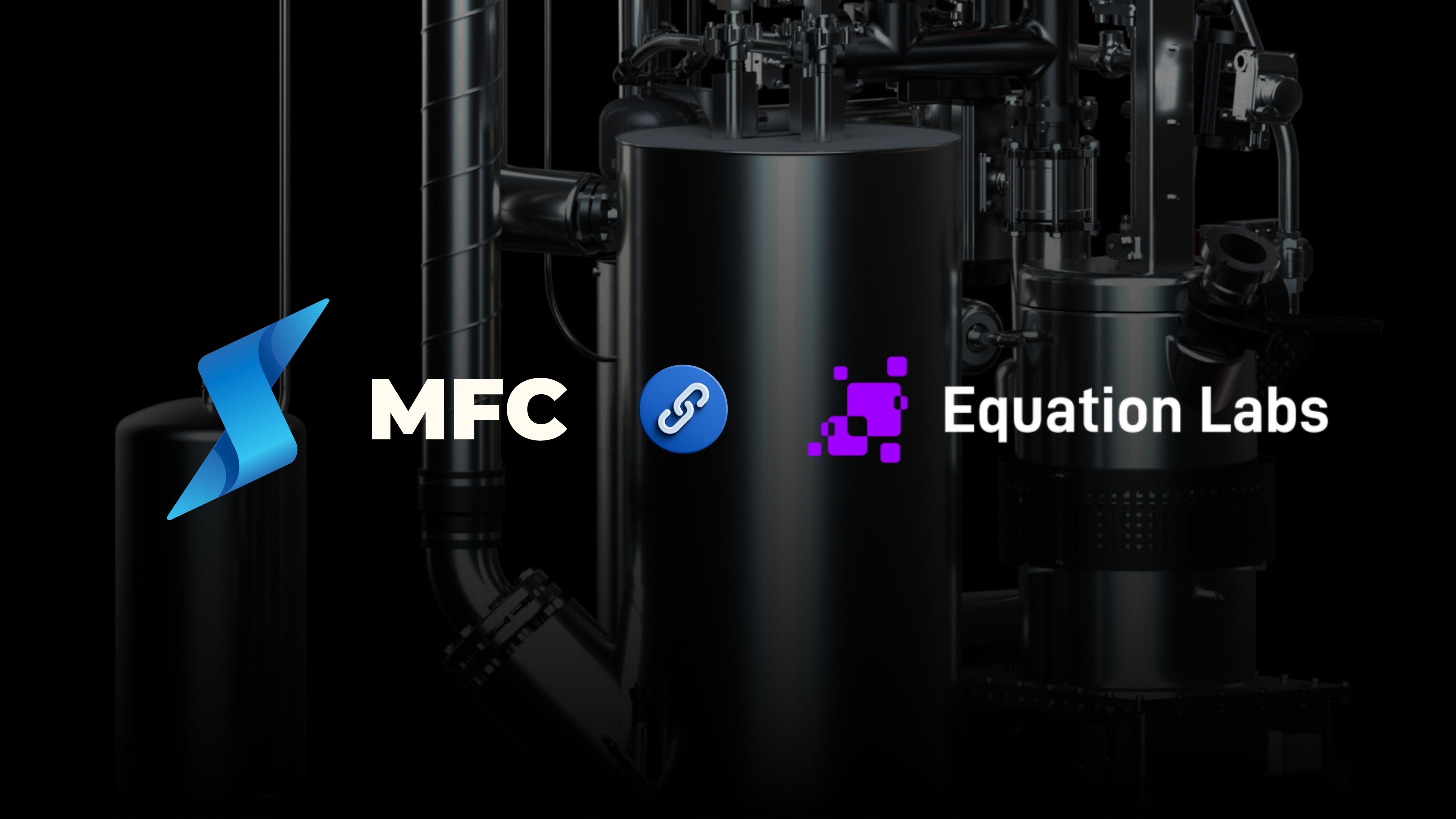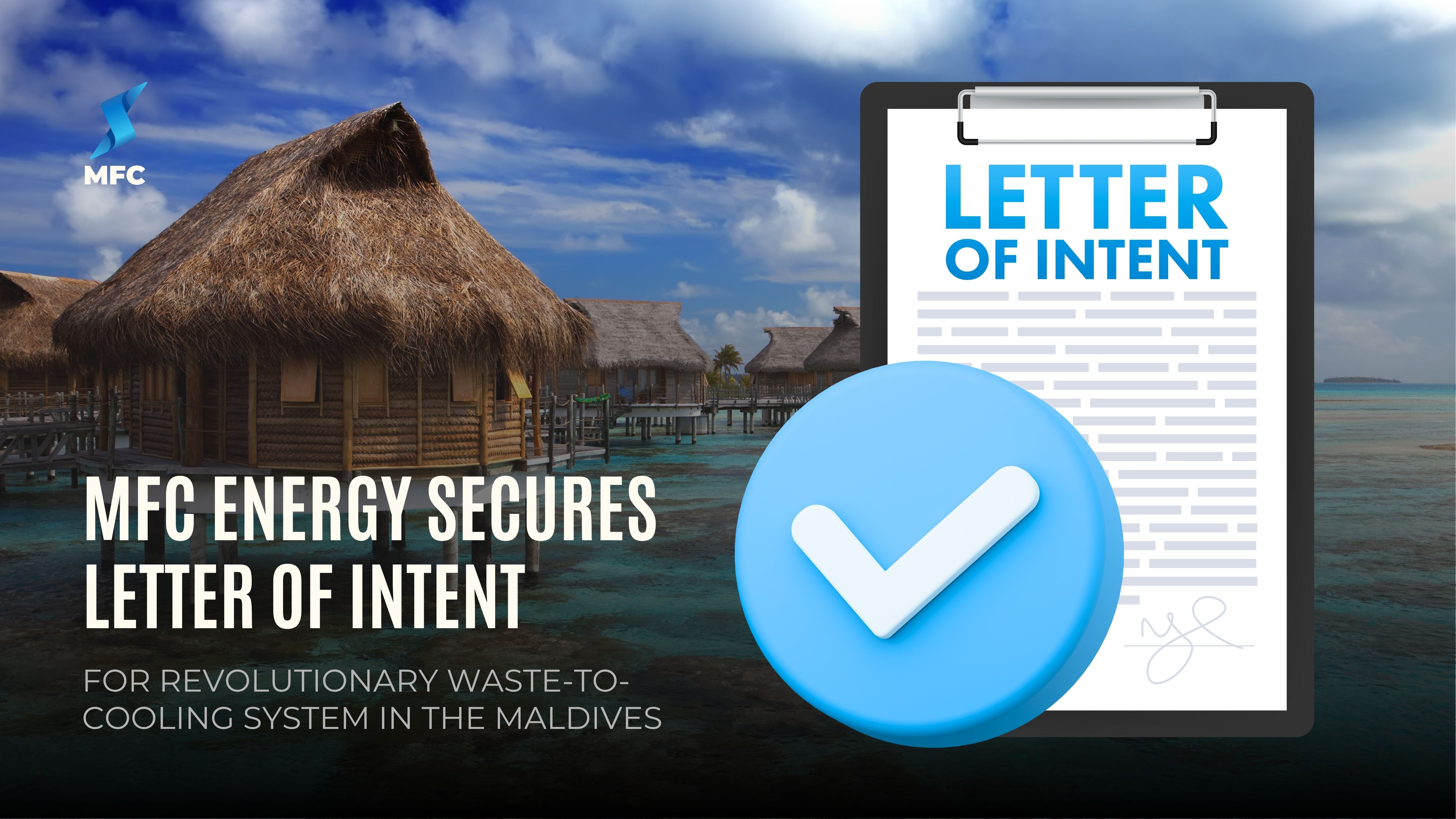In an era where sustainable development is more crucial than ever, MFC, a German-based engineering powerhouse, is leading the charge in transforming waste into valuable energy resources. Under the technical leadership of Michael Hoffmeister, a visionary engineer with a portfolio of patents in thermochemical engineering, MFC innovates at the intersection of waste management and renewable energy. This article explores how MFC has revolutionized the waste-to-energy sector, turning challenges into opportunities for a cleaner, greener future.
Introduction to MFC's Mission and Vision
MFC emerged from a commitment to address two of the world's most pressing issues: waste management and clean energy production. With a foundation built on innovation, sustainability, and efficiency, MFC's mission is to convert a variety of waste streams, including biomass, sewage sludge, and municipal solid waste, into syngas. This syngas is then used to generate power, hydrogen, or methane, showcasing a promising approach to reducing waste and producing clean energy simultaneously.
Technology Breakdown
At the core of MFC's success is its cutting-edge technology, such as the X-150 system and the use of Ansys simulations in design methodologies. These technologies allow for the conversion of diverse waste materials into syngas with high efficiency and low emissions. The X-150 technology, in particular, is designed for decentralized waste solutions, offering fuel flexibility and easy installation, which is crucial for fast-paced and adaptable waste management strategies.
The Cometa Project Spotlight
One of MFC's flagship projects, the Paris Cometa project, stands as a testament to the company's innovative capabilities. By converting a mix of sewage sludge, horse manure, and municipal solid waste into methane, this project demonstrates the adaptability and effectiveness of MFC's technology. It not only provides a sustainable source of energy but also offers a replicable model for cities worldwide to manage waste more efficiently and sustainably.
Global Impact and Future Horizons
MFC's technologies are making a significant impact beyond the confines of traditional waste management and energy production. By providing power in rural areas and contributing to the reduction of ocean waste, MFC is playing a pivotal role in global sustainability efforts. Looking ahead, the company is poised to expand its reach, exploring new projects and innovations that will continue to push the boundaries of what is possible in the waste-to-energy sector.
Sustainable Development and Community Engagement
Beyond its technological achievements, MFC is deeply committed to sustainable development and community engagement. The production of biochar as a byproduct of their processes exemplifies this commitment. Not only is biochar useful as a fertilizer, enhancing soil health, but it also plays a role in carbon capture, helping to mitigate climate change.
Conclusion
MFC's journey from a visionary idea to a leader in the waste-to-energy sector illustrates the power of innovation in tackling environmental challenges. By converting waste into wealth, MFC is not only advancing sustainable energy solutions but is also contributing to a more sustainable world. As we look to the future, MFC's continued commitment to innovation, efficiency, and sustainability holds the promise of even greater contributions to our global energy solutions, making our planet cleaner and greener for generations to come.
Join the conversation on sustainable energy practices and environmental stewardship. Share your insights and experiences to contribute to the ongoing dialogue on embracing sustainable energy solutions for island communities.









